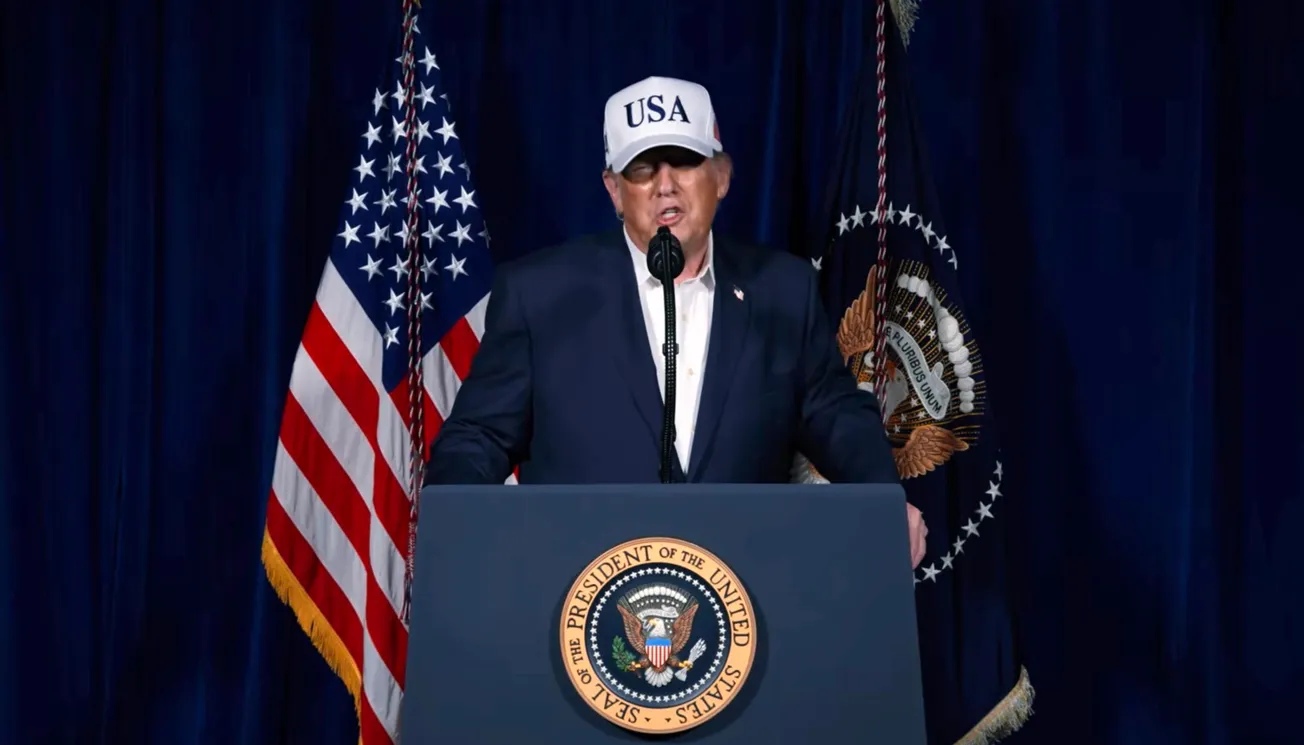Global Times introduces its May 4 interview with Sébastien Périmony, saying: “Editor’s Note Chinese President Xi Jinping will later this week embark on a visit to three European countries—France, Serbia and Hungary. What impact will this visit have on China-Europe relations? As France is his first stop-over, what to expect from his visit? Global Times (GT) reporters Zhao Juecheng and Wang Wenwen talked to Sébastien Périmony (Périmony), an expert from the Schiller Institute in France, over these issues.”
The text of their interview follows:
GT: China-EU relations are undergoing challenges, both geopolitically and economically. Under such circumstances, what positive impact do you expect Xi’s visit to have on China-EU relations?”
Périmony: In today’s world re-divided into blocs under the pressure of NATO that claims to be global, we’re faced again with the concept of a European power. We hear European leaders, including French President Emmanuel Macron, more and more often calling for “Europe’s strategic autonomy.” It is obvious to any rational person that the only solution to today’s problems lies in a multipolar world based on the concept of mutual development, with new agreements in place for a security architecture and win-win growth strategies for all of the world’s nations.
It is noteworthy that not everyone has the same vision of “European strategic autonomy.” There are those within Europe who still regard China as a systemic rival, and therefore advocate a policy of de-risking, i.e. of no longer being dependent on China, even if this is impossible. We observe a similar case in Germany’s determination not to be dependent on Russian gas, thus destroying its own economy. Others, as we have seen on the question of Taiwan, do not want to be vassals of the U.S. either. In an interview in France last year, Macron insisted on this point, calling for the emergence of a Europe that would become the “third pole” in the face of the U.S. and China, while denouncing the “extraterritoriality of the dollar.”
For Europe, China is not a risk; one of its goals is to “pursue a path of peaceful development.” China has become the world’s leading economic power, with a number of progressive accomplishments like the reduction of extreme poverty, a problem that continues to persist in the rest of the world at large and in an impressive number of Western countries in particular, and physical economy planning driven by scientific and technological breakthroughs in cutting-edge fields such as nuclear power and space.
Besides, China boasts of the world’s most developed railway infrastructure network. Not to mention the fact that China is a huge market of 1.4 billion people, including 400 million middle-income earners, and has been contributing over 30% to global economic growth for many years. For Europe, the real risk would be to do without China.
There is no fundamental conflict of interests between China and Europe. On the contrary, China and certain European leaders are willing to establish a win-win cooperation between themselves in order to work together for the purpose of preservation and development of global industrial and supply chains whose stability and fluidity benefit the whole world. Indeed, the development of Africa and certain Asian and Latin American countries can only take place within the framework of international cooperation, and not in the geopolitical division between blocs as during the Cold War, which would inevitably drive the world into a third world war.
I am convinced that the objective of France and Europe should not be to become a third power to resist the other two, but to be the bridge, the catalyst of a new paradigm in which BRICS+ will not oppose the G7 and the West will no longer be in conflict with the rest. Europe’s goal must be to turn humanity into a harmonious unit, in which systemic rivalry is replaced by mutual advantage, financial speculation is replaced by mutual development, and the clash of civilizations is avoided in favor of a genuine dialogue of civilizations.




